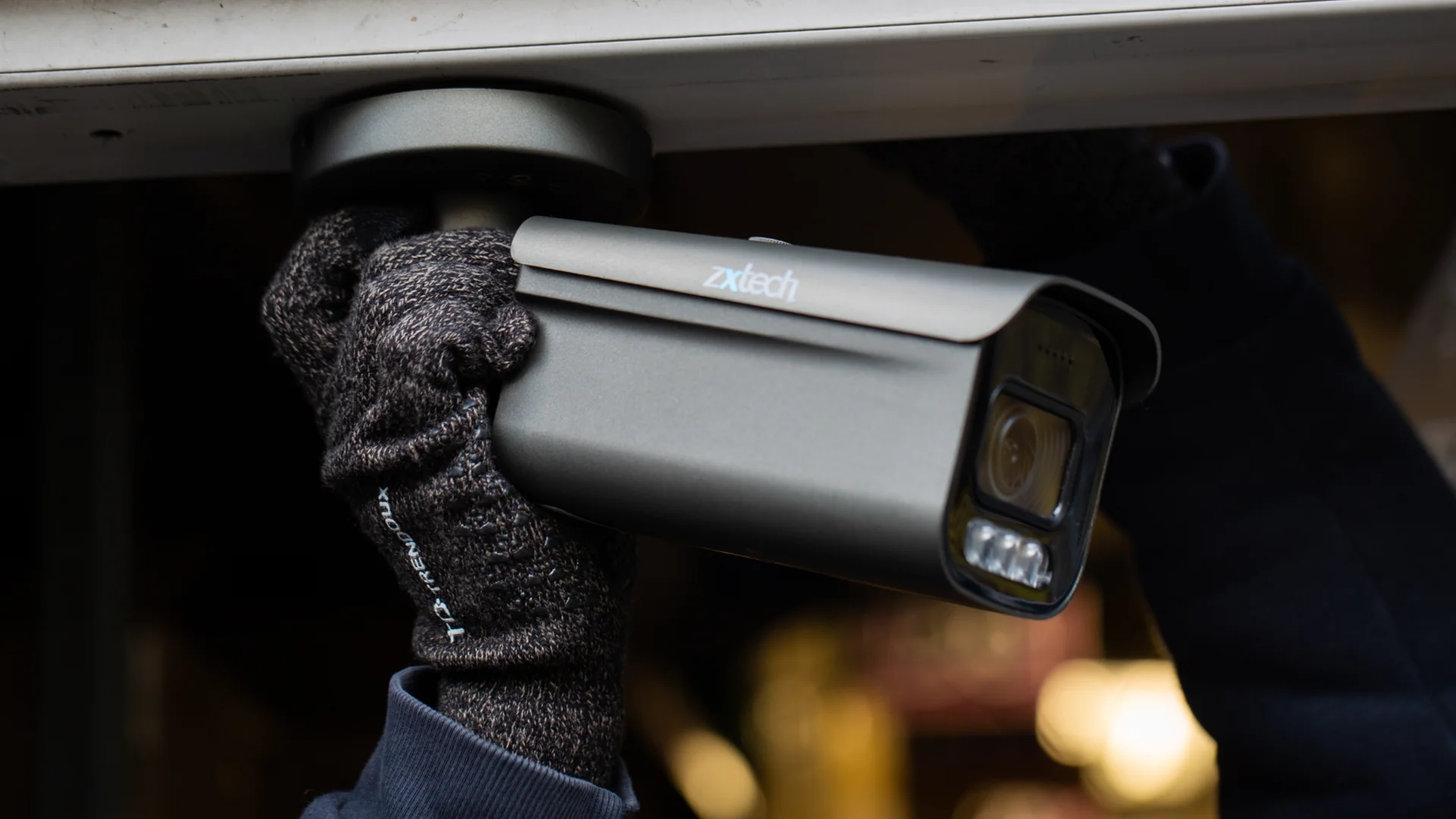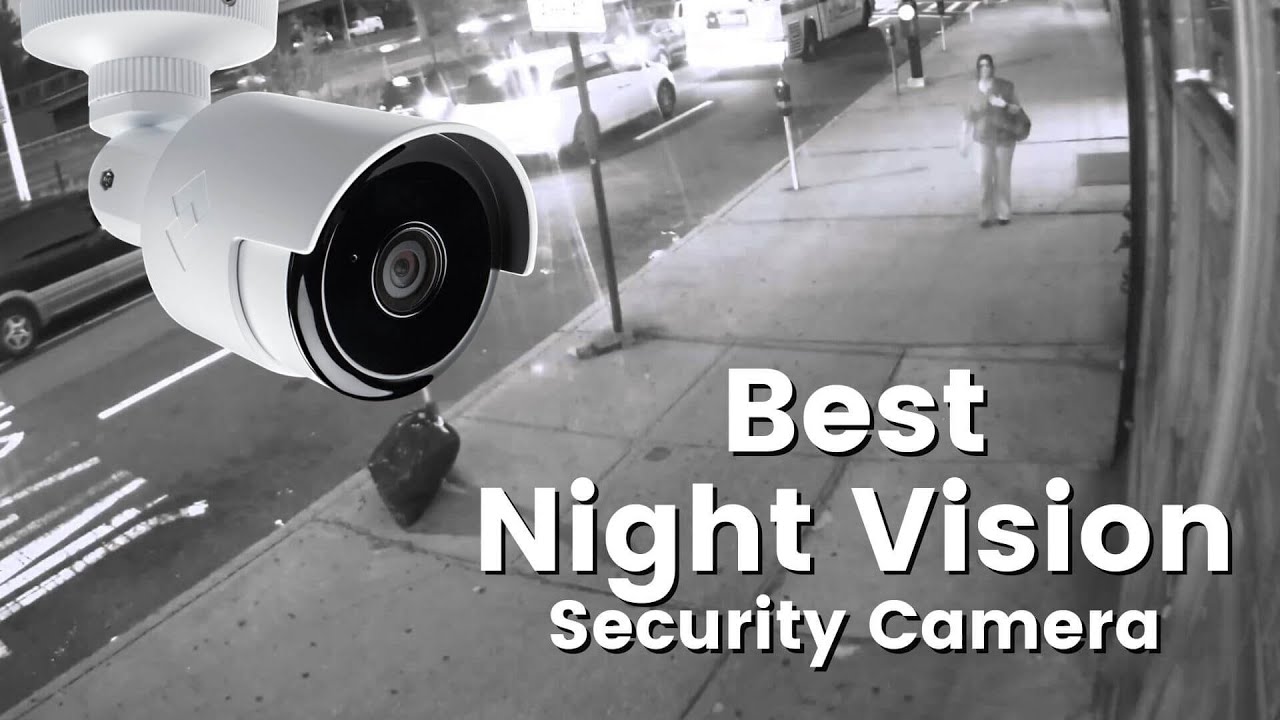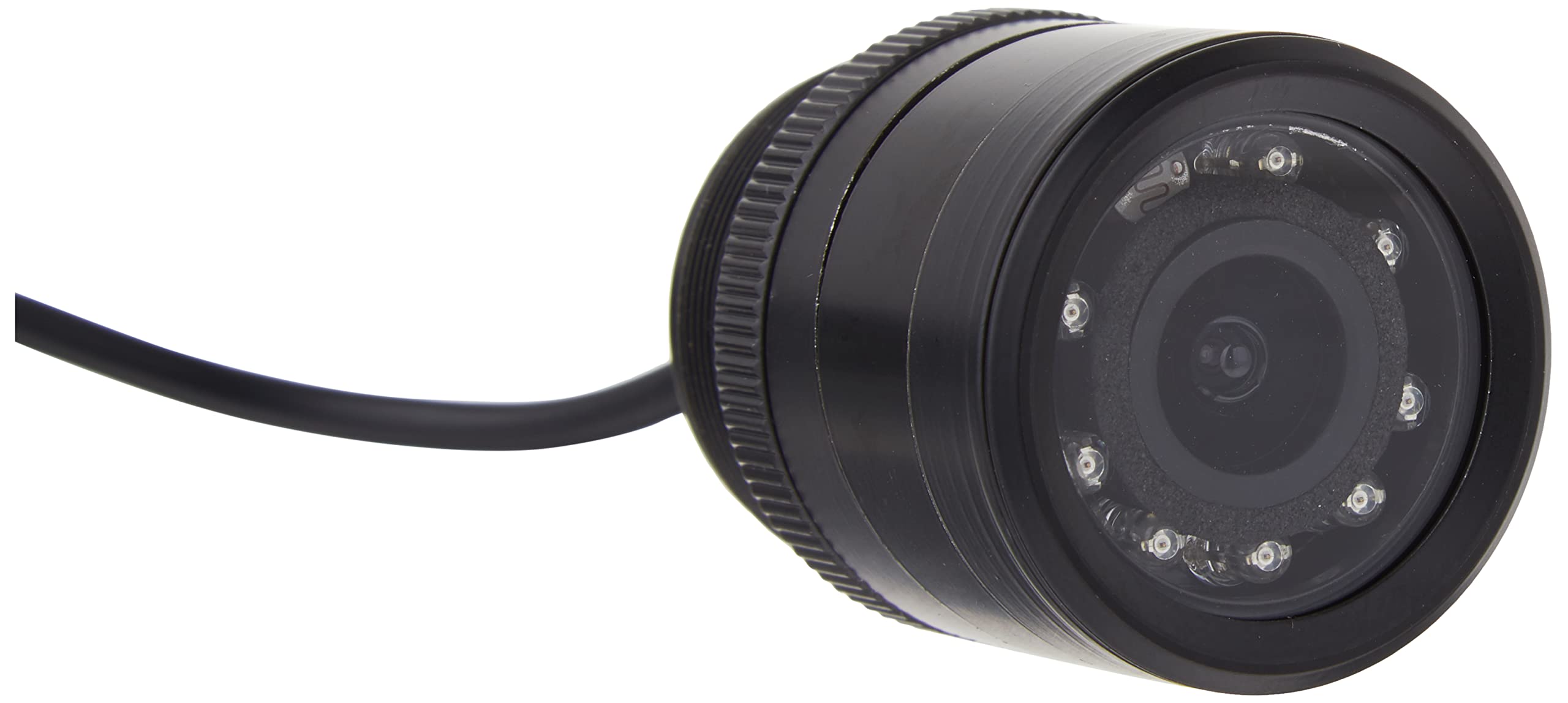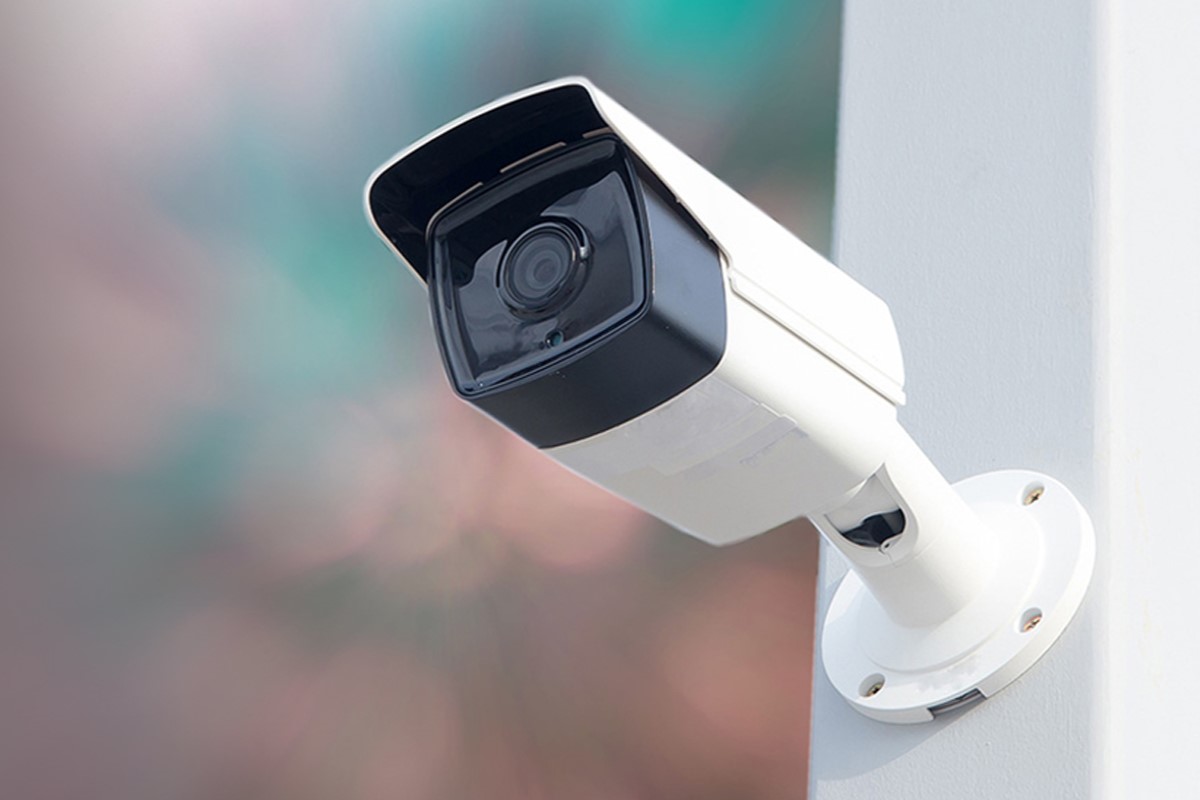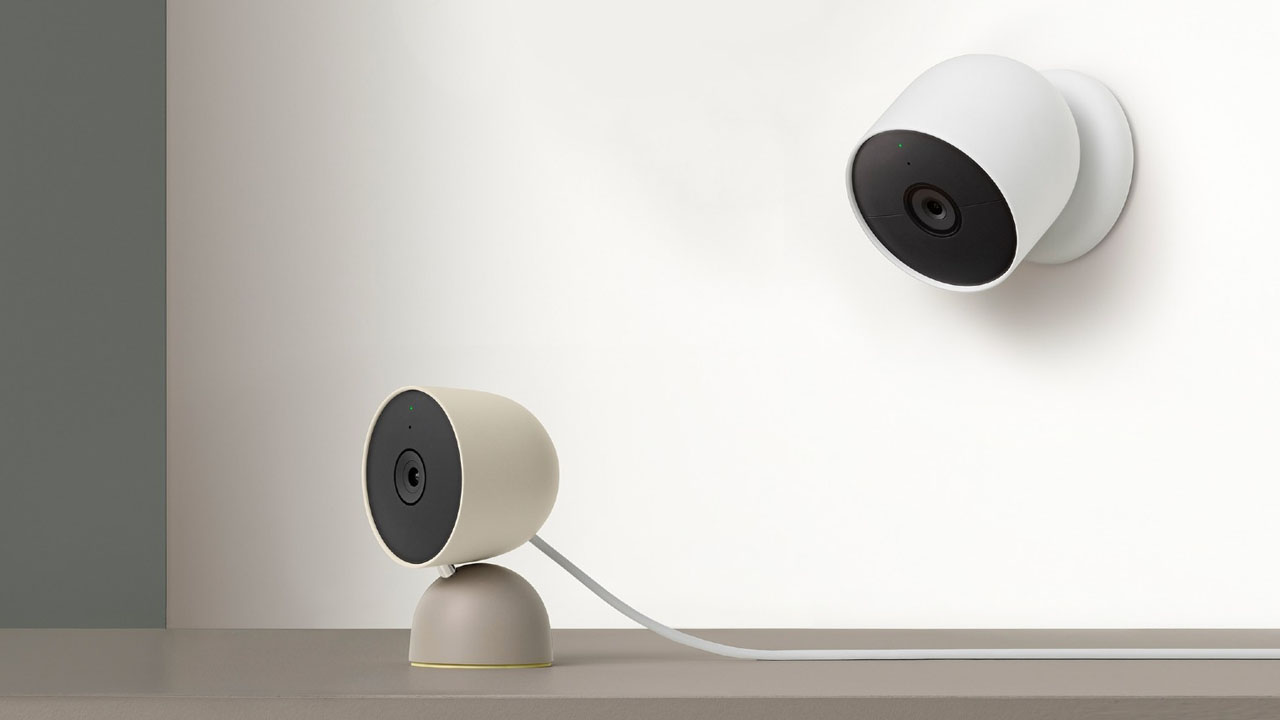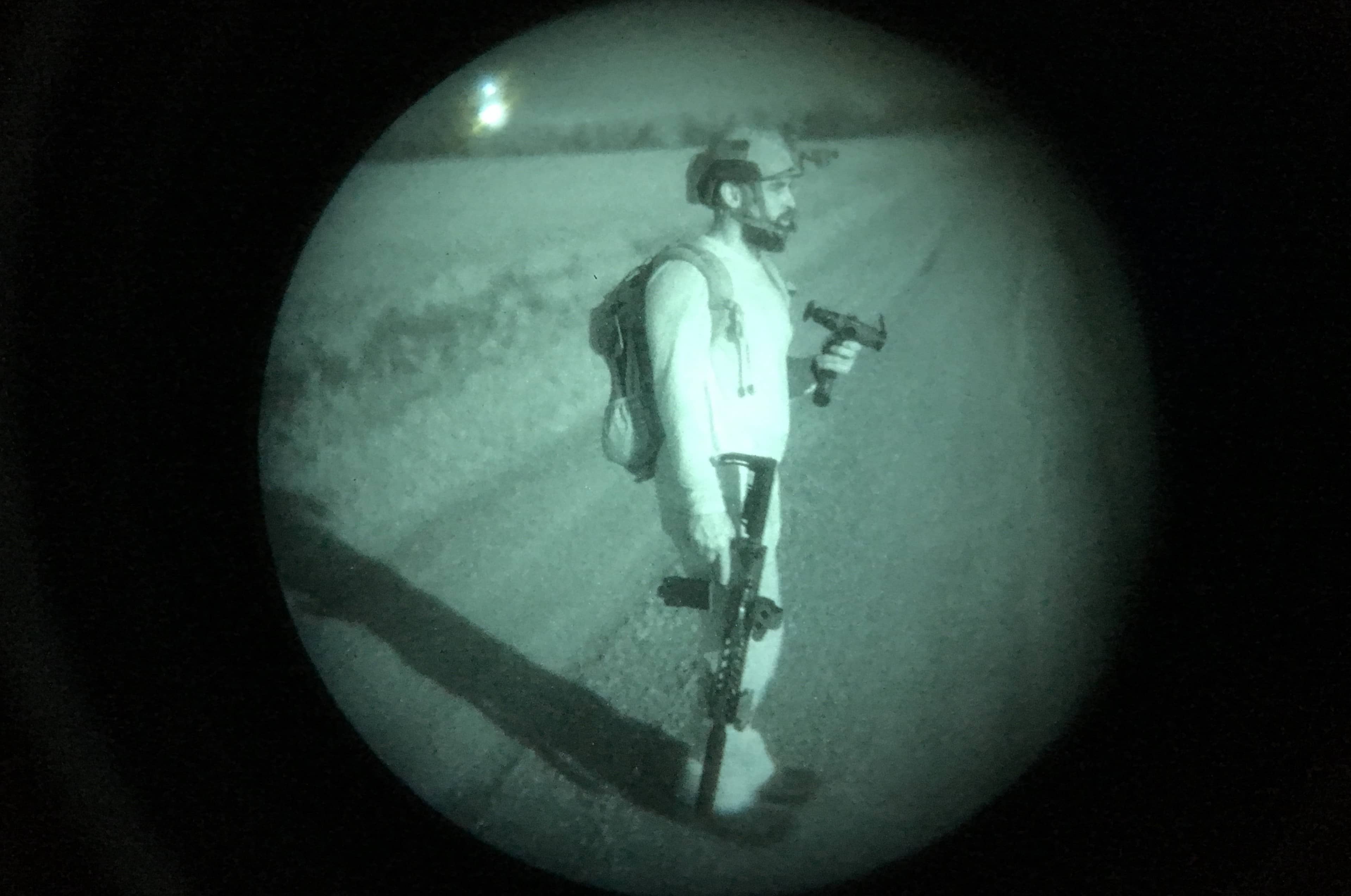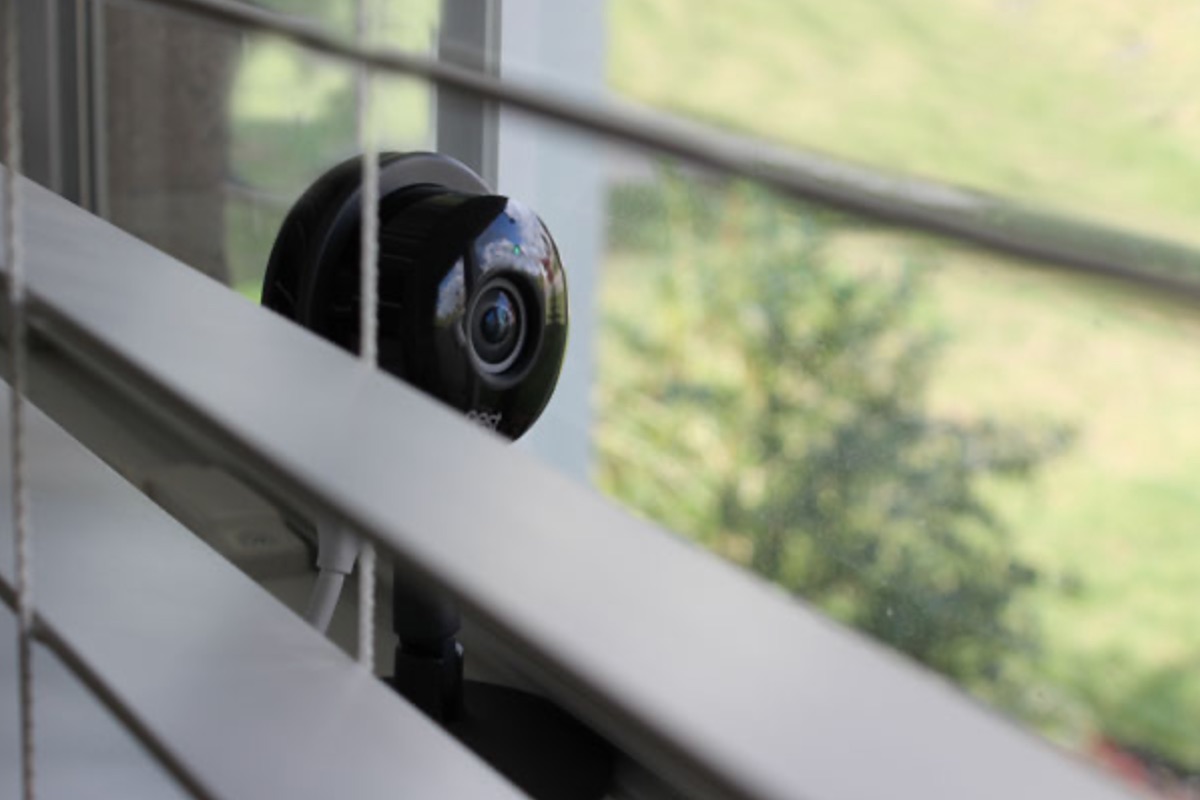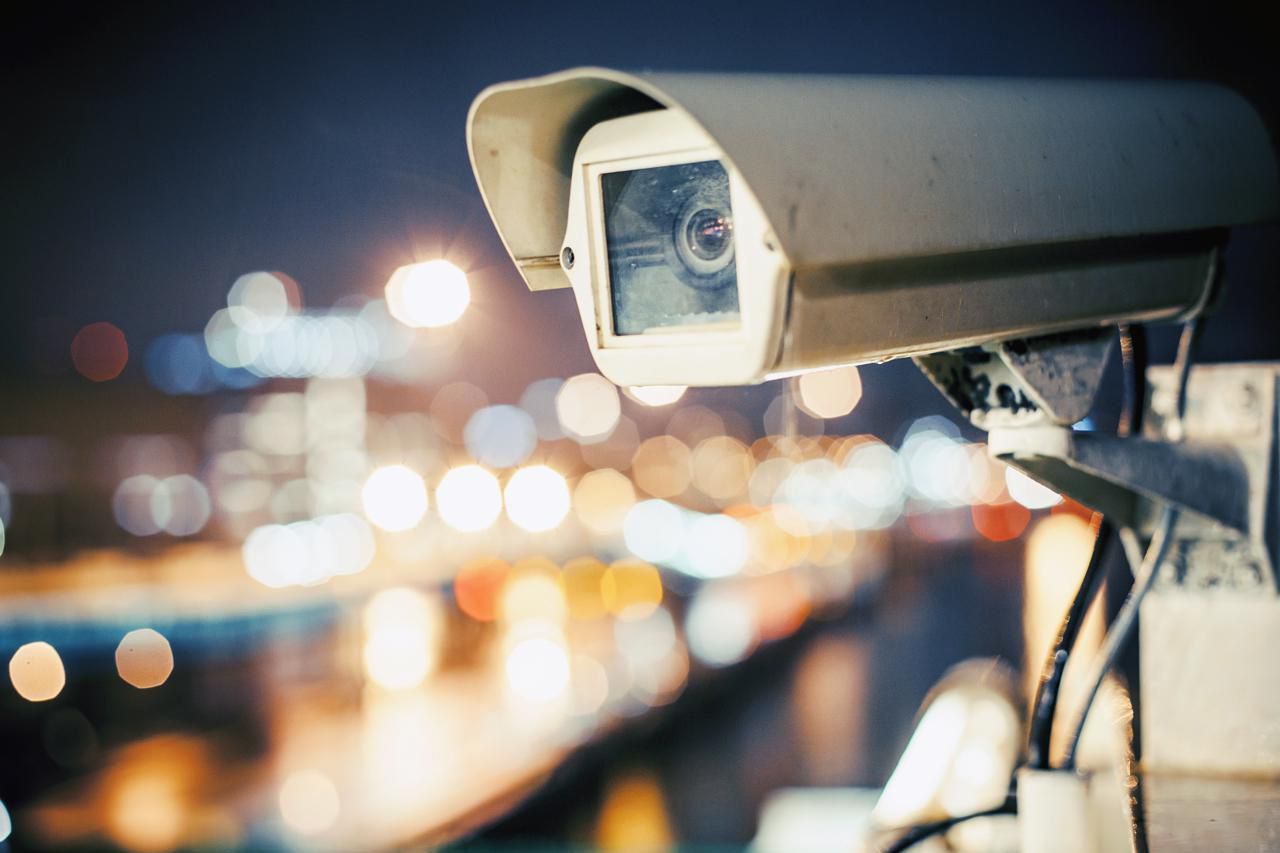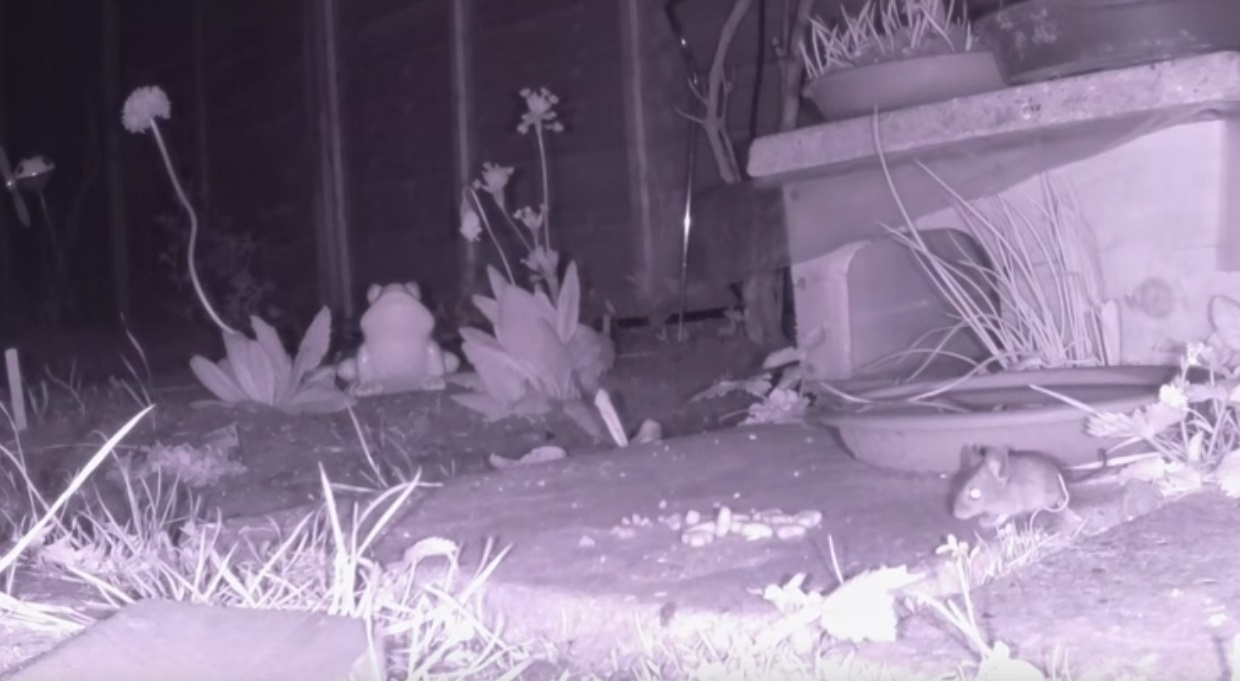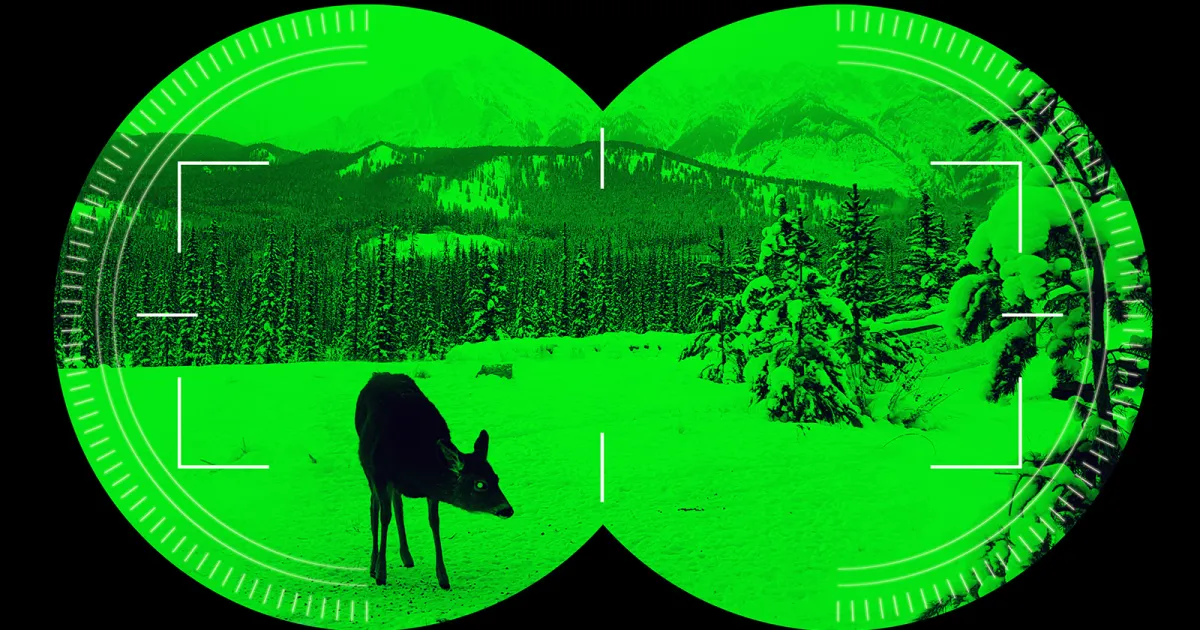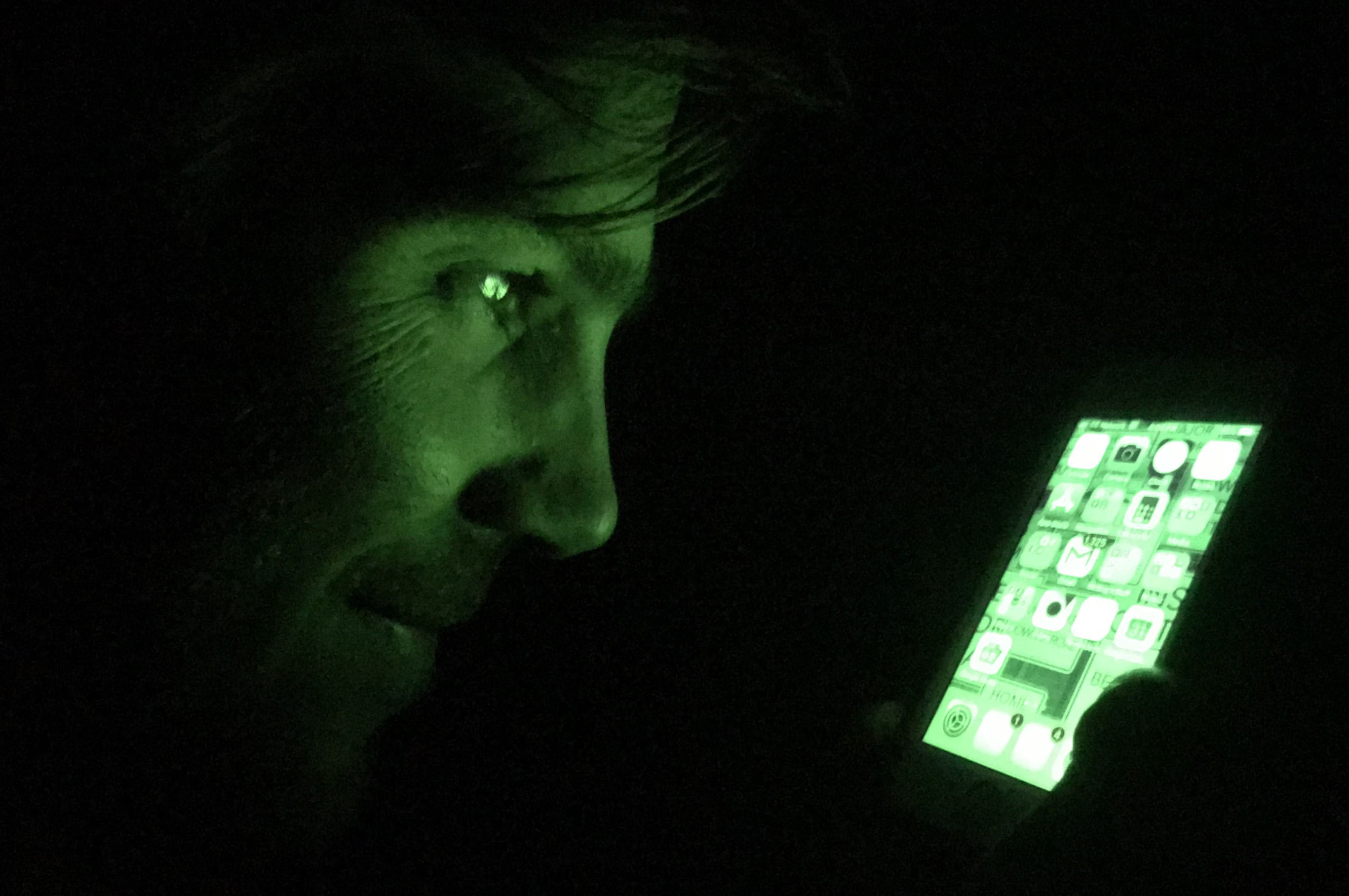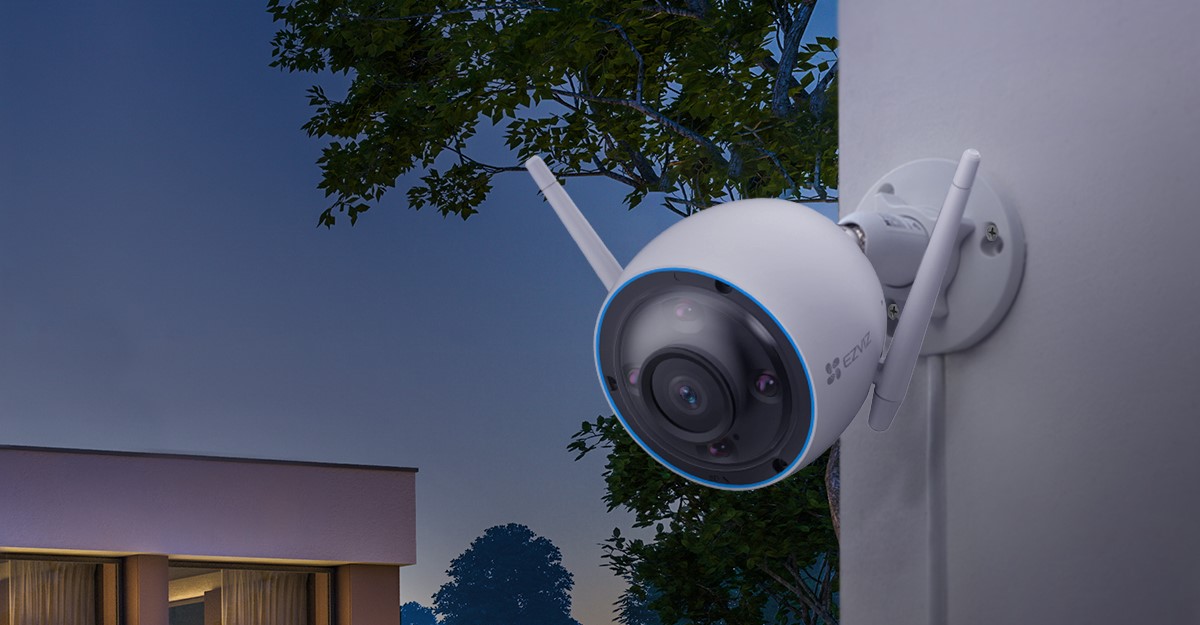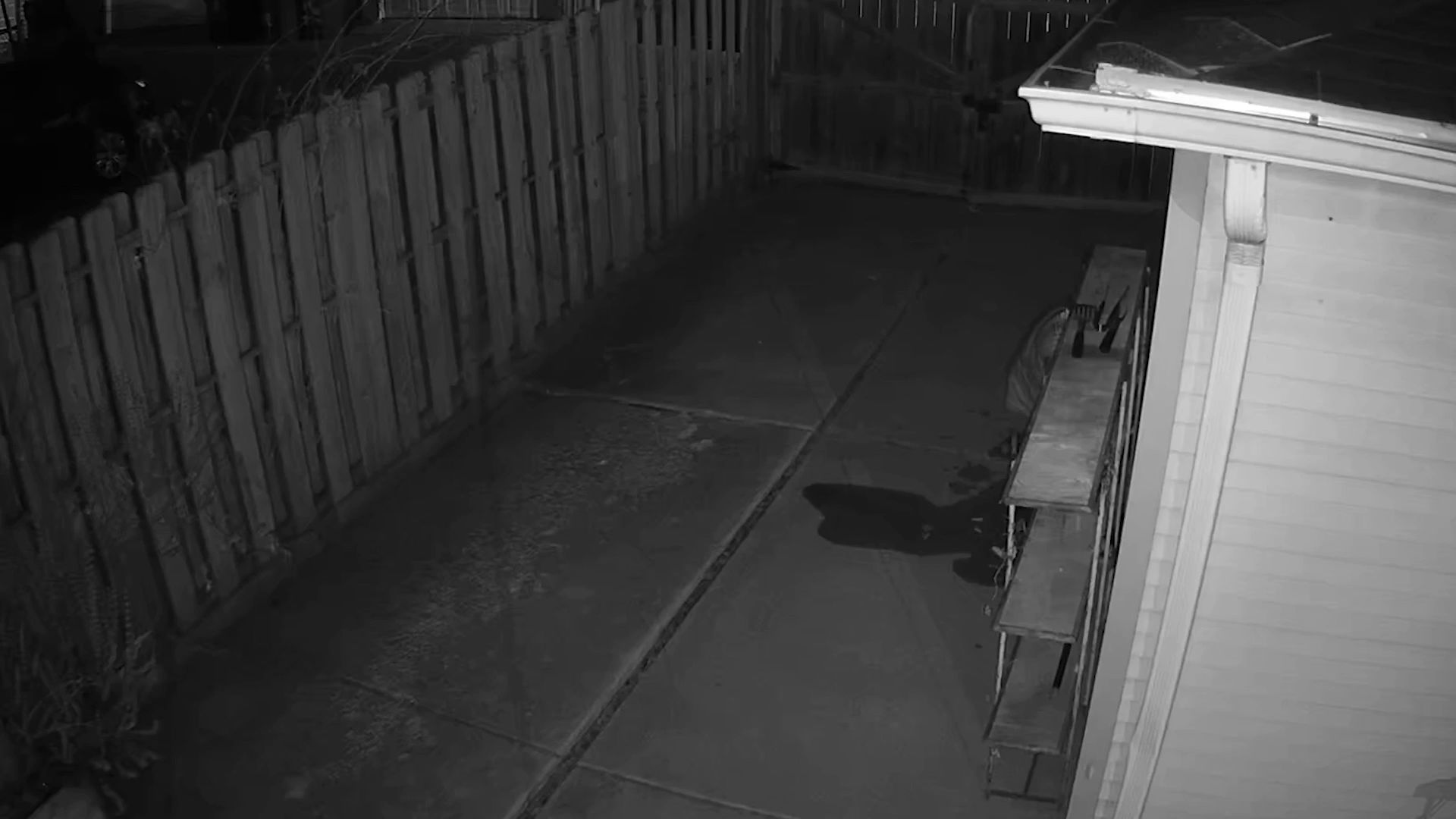Home>Home Security and Surveillance>What Causes Orbs In Night Vision Camera
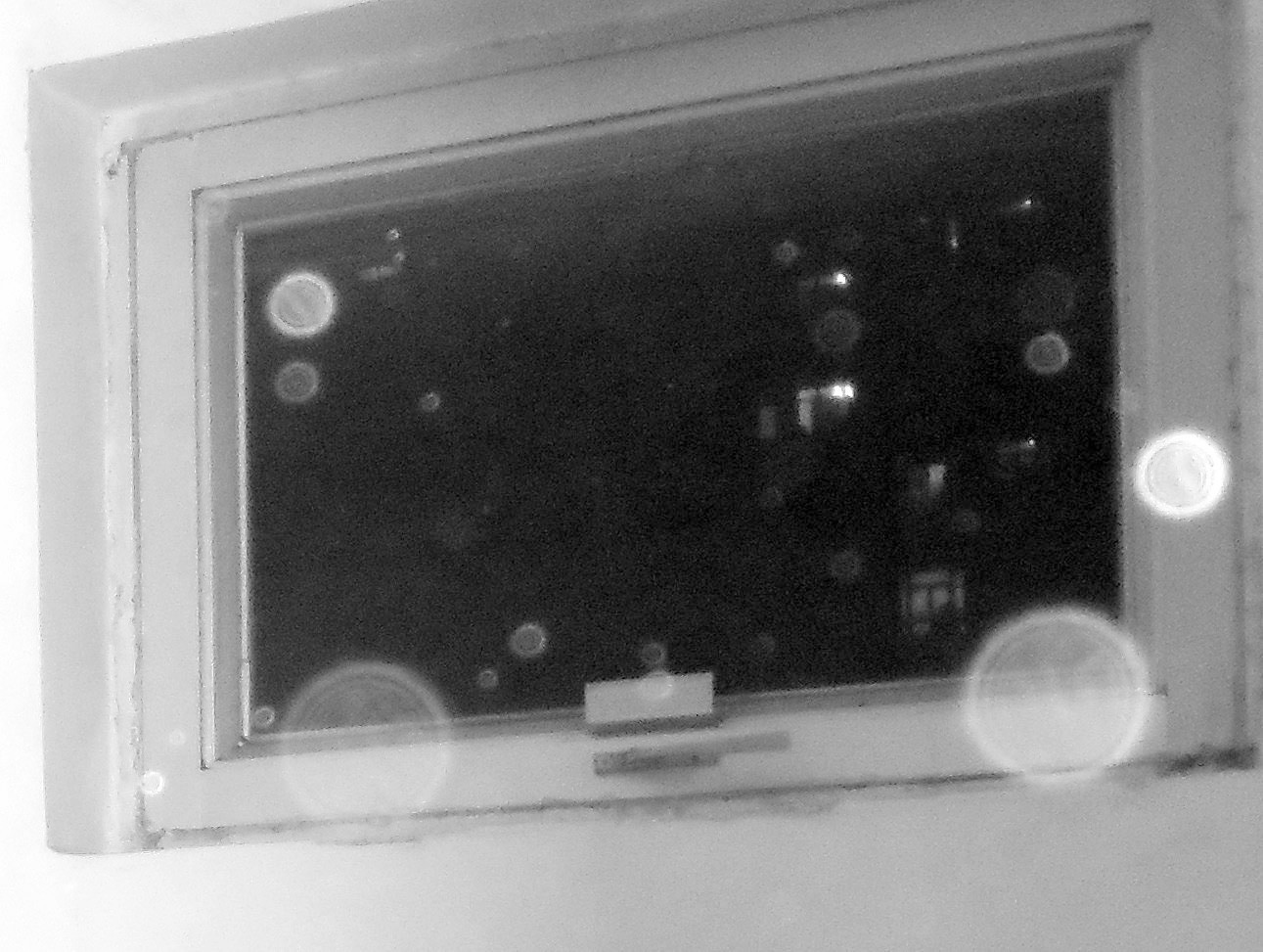

Home Security and Surveillance
What Causes Orbs In Night Vision Camera
Modified: October 20, 2024
Learn what causes orbs in night vision camera and how it impacts your home security and surveillance. Get insights and solutions for a clear and accurate night vision experience.
(Many of the links in this article redirect to a specific reviewed product. Your purchase of these products through affiliate links helps to generate commission for Storables.com, at no extra cost. Learn more)
Introduction
Welcome to the world of home security and surveillance! In today’s fast-paced world, ensuring the safety and security of our homes and loved ones is of utmost importance. With advancements in technology, home security systems have become more sophisticated and effective. One such innovation in the field of security cameras is the night vision camera.
Night vision cameras have revolutionized the way we monitor our homes during nighttime. These cameras are equipped with special infrared (IR) sensors that allow them to capture clear and detailed images and videos even in complete darkness. They provide an extra layer of security, ensuring that no activity goes unnoticed during the night.
However, if you’ve ever used or researched night vision cameras, you may have come across a phenomenon called “orbs.” These mysterious, circular shapes captured on night vision camera footage have sparked curiosity and debate among homeowners and security enthusiasts alike.
In this article, we will delve deeper into the world of night vision cameras and explore what causes orbs in their footage. We will unravel the mysteries behind these captivating orbs, shedding light on the factors that contribute to their appearance.
So, if you’re ready to unlock the secrets of the night vision camera orbs, let’s dive in!
Key Takeaways:
- Orbs in night vision camera footage are often caused by natural factors like dust, insects, and moisture, rather than supernatural phenomena. Understanding these factors adds a touch of intrigue to surveillance experiences.
- The presence of orbs in night vision camera footage is a natural occurrence, resulting from the interaction of light with various elements in the environment. It’s important to consider these natural factors before jumping to supernatural conclusions.
Understanding Night Vision Cameras
Before we discuss the enigma of orbs, let’s first understand how night vision cameras work. Night vision cameras employ infrared light technology to capture images and videos in low-light or no-light conditions. They utilize infrared illuminators or infrared LEDs to emit infrared light, which is invisible to the human eye but can be detected by the camera’s sensors.
When the infrared light hits an object, it bounces back and is captured by the camera’s sensors, creating a visible image. This enables the camera to see in the dark, providing enhanced surveillance capabilities during nighttime.
There are two main types of night vision technologies used in cameras: active infrared and passive infrared.
Active infrared (AIR) night vision cameras emit their own infrared light, ensuring that objects are illuminated even in complete darkness. These cameras produce clear and detailed images, making them ideal for outdoor surveillance and long-range monitoring.
On the other hand, passive infrared (PIR) night vision cameras do not emit any infrared light themselves. Instead, they rely on ambient infrared light available in the environment. This type of camera is commonly used for indoor surveillance and short-range monitoring.
Both active and passive infrared night vision cameras have their advantages and are suitable for different applications, depending on the specific needs of the user.
Now that we have a basic understanding of how night vision cameras work, let’s explore the curious phenomenon of orbs and dive into the factors that can cause their appearance in night vision camera footage.
When using a night vision camera, orbs can be caused by dust, moisture, or insects reflecting the infrared light. To minimize orbs, keep the lens clean and avoid using the camera in areas with a lot of airborne particles.
What are Orbs in Night Vision Cameras?
If you have ever reviewed night vision camera footage, you may have noticed small, circular shapes that appear to float in the frame. These intriguing anomalies are commonly referred to as orbs. Orbs can vary in size, transparency, and brightness, and they often move in unpredictable patterns.
While some enthusiasts attribute orbs to supernatural phenomena or spirits, the reality is much simpler. In most cases, orbs captured by night vision cameras are caused by natural factors rather than otherworldly entities.
One of the primary culprits behind orb formations is the reflection and refraction of light. When the infrared light emitted by the camera’s infrared illuminators hits dust particles, moisture droplets, or other airborne particles in the environment, it can cause these particles to reflect or refract the light, creating the appearance of orbs.
Additionally, insects and small flying creatures can also contribute to orb-like formations. The infrared light emitted by the camera attracts these insects, and as they fly close to the camera lens, they can create orb-like shapes due to their reflective bodies or wings.
It’s important to note that orbs are more likely to be captured in outdoor settings rather than indoor environments. This is because outdoor areas tend to have a higher presence of dust and insects, making them prime conditions for orb formation.
Factors that Cause Orbs in Night Vision Cameras
While we have already touched upon some factors that contribute to the appearance of orbs in night vision camera footage, let’s explore them in more detail:
- Dust and Particles: Dust particles, pollen, or other small airborne particles can reflect or refract the infrared light emitted by the camera’s infrared illuminators. This reflection or refraction creates the illusion of orbs floating in the frame. It’s important to keep in mind that even the tiniest particles can produce large orbs when captured by the camera’s lens.
- Insects and Flying Creatures: As mentioned earlier, insects and small flying creatures are attracted to the infrared light emitted by the camera. When they come into close proximity to the camera lens, their reflective bodies or wings can create orb-like shapes in the footage. This is especially common in outdoor environments, where insects are more abundant.
- Rain or Moisture: Rain droplets or moisture in the air can also cause orb-like formations in night vision camera footage. When the infrared light hits these moisture droplets, it can cause them to scatter, creating the appearance of orbs. This phenomenon is more commonly observed in rainy or humid conditions.
- Camera Artifacts: Sometimes, the appearance of orbs in night vision camera footage can be attributed to camera artifacts. These artifacts can occur due to issues with the camera’s optics, sensor, or image processing algorithms. It’s important to ensure that your night vision camera is well-maintained and regularly cleaned to minimize the occurrence of artifacts.
It’s worth noting that the presence of orbs does not necessarily indicate a malfunction or issue with the night vision camera. In fact, it’s a natural occurrence in many cases, resulting from the interaction of light with various elements in the environment.
However, if you notice a significant increase in the number or size of orbs or if they obstruct your view or affect the clarity of the footage, it’s advisable to consult with a professional or the camera manufacturer to rule out any potential technical issues.
So, the next time you come across orbs in your night vision camera footage, take a moment to consider the natural factors at play, adding a touch of intrigue and wonder to your surveillance experience.
Frequently Asked Questions about What Causes Orbs In Night Vision Camera
Was this page helpful?
At Storables.com, we guarantee accurate and reliable information. Our content, validated by Expert Board Contributors, is crafted following stringent Editorial Policies. We're committed to providing you with well-researched, expert-backed insights for all your informational needs.
